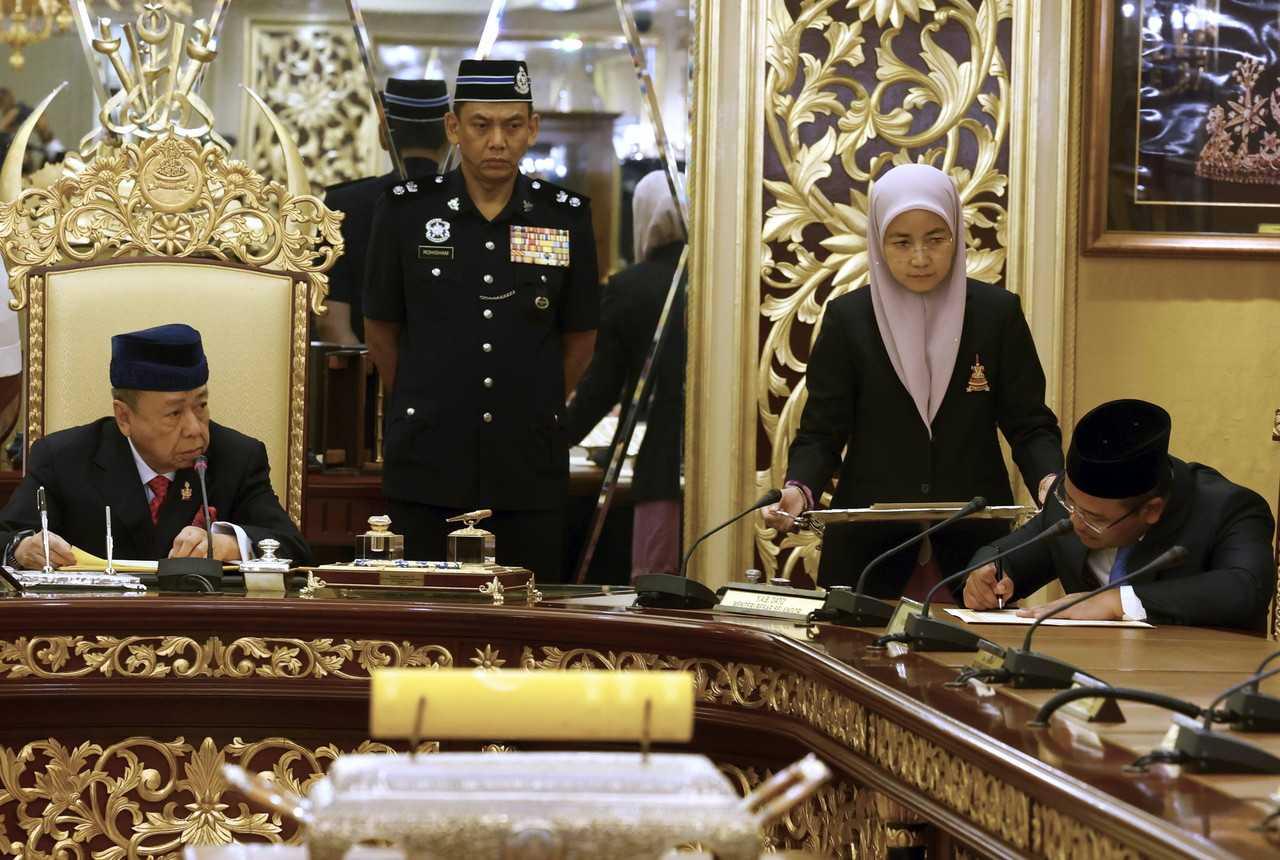Selangor state assembly to dissolve on June 23
This is to pave the way for state-level elections.
Just In
Selangor ruler Sultan Sharafuddin Idris Shah has consented to the dissolution of the state legislative assembly to pave the way for elections in the state.
Bernama reported the ruler's private secretary Mohamad Munir Bani as saying that the assembly would be dissolved effective June 23.
Sultan Sharafuddin also signed the proclamation on the dissolution of the state assembly at a ceremony at Istana Alam Shah this morning.
Elections are due in six states this year: Selangor, Penang, Negeri Sembilan, Kelantan, Kedah, and Terengganu.
Kelantan has said that its state assembly will be dissolved on June 22, while the Penang government is seeking to dissolve its assembly on June 28.
The Terengganu government recently said it had yet to decide on a date for dissolution while in Kedah, the government plans to dissolve its assembly on June 28 as well.
Negeri Sembilan meanwhile has agreed to dissolve its state assembly on June 30.
The six states were previously reported to have reached an understanding to dissolve their state assemblies by the end of the month, to allow polling to be held simultaneously.
In Selangor, there are 56 seats in the legislative assembly. Of these, 40 are held by Pakatan Harapan (PH) and five by Barisan Nasional (BN), which are currently allies at the federal level.
Selangor, which has been under PH in various forms, is considered a frontline state due to its strategic economic and political position.
It was first wrested from the Umno-led BN by a loose coalition of PKR, DAP and PAS, which later formed Pakatan Rakyat.
In 2014, bickering over PKR's Kajang Move to replace the menteri besar led to a fallout between PAS and DAP, although the state administration continued until the 2018 general election.
PH then included Bersatu, its new ally which joined it in forming the federal government at the time.
But Bersatu soon broke ranks with PH, becoming the oppositon in the state alongside PAS and BN.
With BN and PH now part of the federal alliance, the election this time will tell whether Umno returns to form the state government for the first time since its downfall in 2008.
Umno failed to retain any of its federal seats in the state during last year's general election, with Perikatan Nasional (PN) making major inroads in BN's traditional strongholds.
With an electoral understanding in place to prevent clashes in seats, analysts are on the lookout for whether the outcome will favour PN or PH-BN.
Last week, former Umno leader Khairy Jamaluddin predicted that while PH supporters might vote for BN candidates, BN supporters would be more likely to choose candidates fielded by PN.
Subscribe to our newsletter
To be updated with all the latest news and analyses daily.
Most Read
No articles found.
